
Rachel Wong, RD, SCO, LD, an outpatient oncology dietician at Georgetown Lombardi Comprehensive Cancer Center, discussed nutrition practices that patients with cancer can follow to remain healthy during the COVID-19 pandemic.

Your AI-Trained Oncology Knowledge Connection!


Rachel Wong, RD, SCO, LD, an outpatient oncology dietician at Georgetown Lombardi Comprehensive Cancer Center, discussed nutrition practices that patients with cancer can follow to remain healthy during the COVID-19 pandemic.
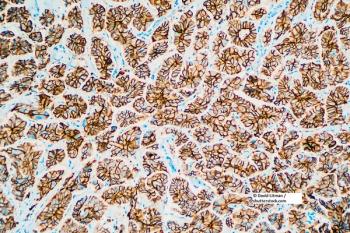
This study observed a positive association between Indigenous American genetic ancestry and HER2-positive breast cancer, suggesting that the high incidence of HER2-positive subtypes in Latinas may be due to population and subtype-specific genetic risk variants.
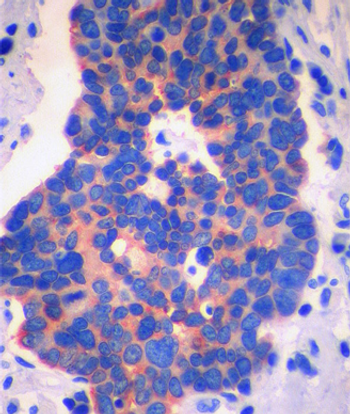
Researchers found that using prophylactic cranial irradiation after thoracic radiation in patients with limited-stage small cell lung cancer undergoing contemporary head imaging is not associated with a decrease in risk of developing new brain metastasis.

Clinicians from Lombardi Comprehensive Cancer Center spoke about moving cancer care to telehealth due to the COVID-19 pandemic.

Brendan F. Kennedy, PhD, discussed this study which evaluated the accuracy of quantitative micro-elastography compared to optical coherence tomography.
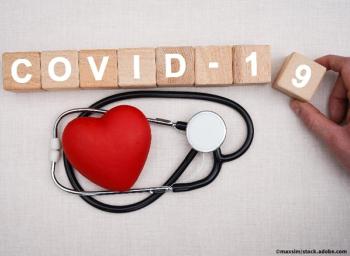
During the COVID-19 pandemic, oncology teams have had to begin adopting new ways of practicing while simultaneously optimizing treatment and care, potentially leading to permanent changes in oncology services.

The FDA granted regenerative medicine advanced therapy designation to tisagenlecleucel for an investigational new indication to treat patients with relapsed or refractory follicular lymphoma.

The FDA approved ibrutinib in combination with rituximab for the initial treatment of adult patients with chronic lymphocytic leukemia/small lymphocytic lymphoma.
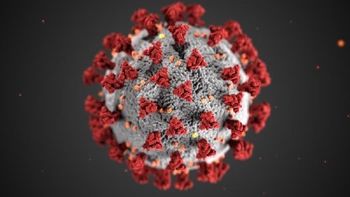
The lung cancer expert spoke about the possibility of using artificial intelligence techniques to help identify patients with COVID-19.
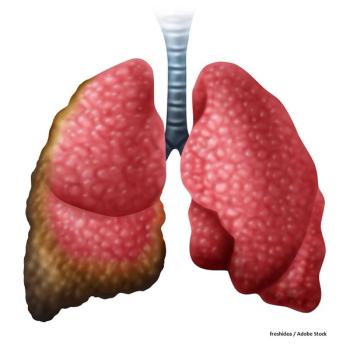
The trial evaluating nivolumab in combination with ipilimumab in previously untreated malignant pleural mesothelioma met its primary endpoint of overall survival.
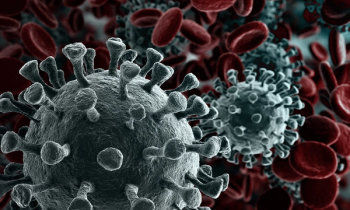
The International Lymphoma Radiation Oncology Group laid out a set of emergency recommendations for alternative radiation treatment schemes for treating patients with hematologic malignancies during the COVID-19 pandemic.
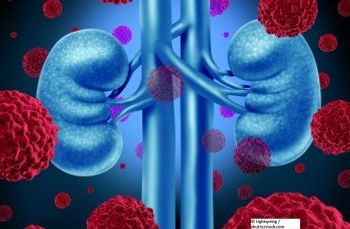
The trial evaluated nivolumab in combination with cabozantinib compared to sunitinib in previously untreated advanced or metastatic renal cell carcinoma, meeting its primary endpoint of progression-free survival at final analysis.

Identifying early predictors of poor quality of life could allow for the identification of patients who may benefit from early referral to palliative and supportive care according to the researchers.

Mount Sinai Health System announced that they will be using the allogeneic stem cell therapy remestemcel-L in patients with COVID-19, and have already tested the therapy in 10 patients.

A prognostic survival model, titled PROVIEW, was able to accurately predict changing cancer survival risk over time and may have the potential to be a useful prognostic tool that can be completed by patients.
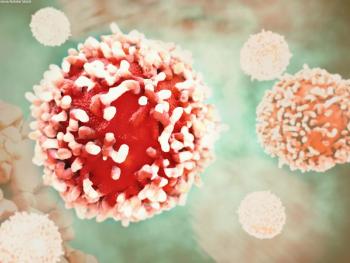
Results from a subgroup of the TAILORx trial suggested that adjuvant chemoendocrine therapy is associated with significantly greater cancer-related cognitive impairment compared with endocrine therapy alone.
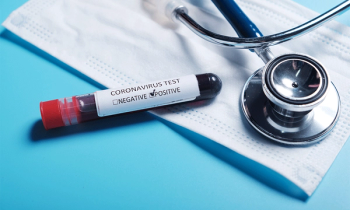
Researchers outlined recommendations for testing patients with lung cancer for COVID-19, given their specific cumulative risk factors for COVID-19 complications.

The FDA approved tucatinib in combination with chemotherapy for the treatment of adult patients with advanced forms of HER2-positive breast cancer.

Researchers detailed the challenges presented for lung cancer therapy during the COVID-19 pandemic and how to potentially mitigate them.

The JNCCN outlined strategies and best safety practices during the COVID-19 pandemic for patients, caregivers, and healthcare workers.
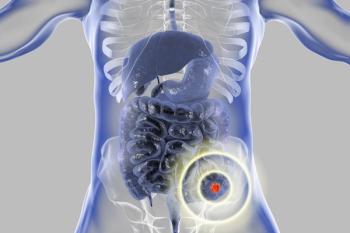
In our gastrointestinal cancer quiz, you’ll get a chance to test your knowledge on the BRAF V600E mutation in patients with colorectal cancer.
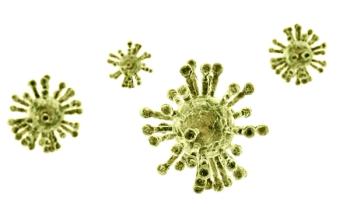
The prostate cancer expert discussed guidelines that he and his colleagues culminated for triaging patients with prostate cancer during the COVID-19 pandemic.

Researchers found that the potential availability of CAR T-cell therapies for large B-cell lymphomas with lower adverse event rates that are suitable for outpatient administration may reduce the total costs of care.

The FDA approved mitomycin gel (Jelmyto), the first therapy to treat low-grade upper tract urothelial cancer.

The registry, titled the ASCO Survey on COVID-19 in Oncology Registry, will collect both baseline and follow-up data throughout the COVID-19 pandemic and into 2021.

Given that these features are associated with breast cancer risk and could improve the detection of short-term risk of breast cancer, the authors suggested that further investigation of common loci is necessary.

The practicing radiation oncologist highlighted the importance of being there for patients with cancer during the COVID-19 pandemic in an interview with CancerNetwork®.
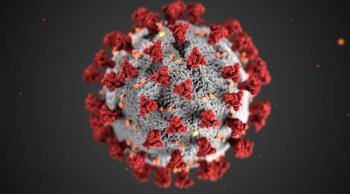
ASCO released new recommendations regarding the allocation of resources for oncologists and institutions to consider during the COVID-19.

The FDA granted priority review to the new drug application for sodium thiosulfate for the prevention of ototoxicity induced by cisplatin chemotherapy in patients 1 month to <18 years of age with localized, non-metastatic, solid tumors.

The findings presented in this study suggest the breastfeeding may be a potentially modifiable factor that could lower risk of ovarian cancer independent of pregnancy alone.